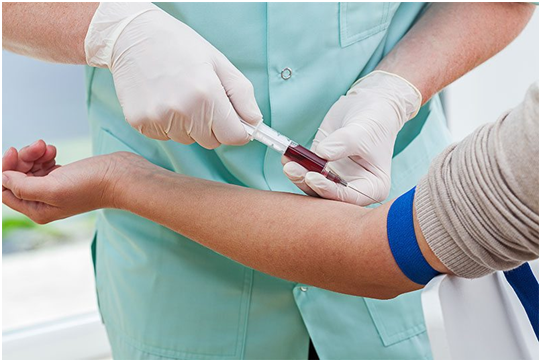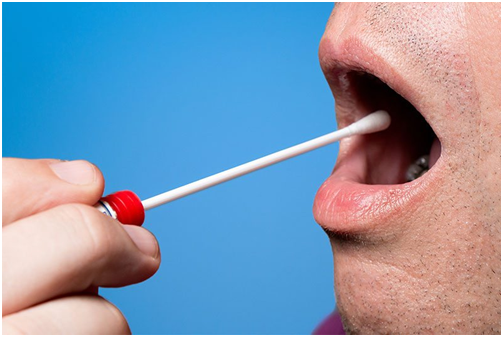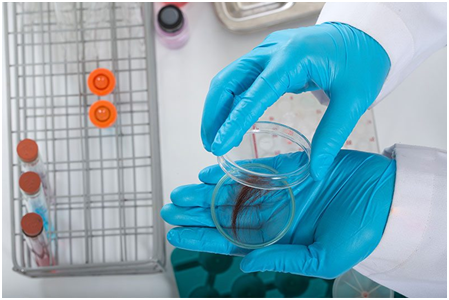Why test for nicotine at all?
Many companies and industries are now using a nicotine test as a condition for employment. Many people now show interest in how long nicotine remains in the systems because their employers make this test mandatory, or more commonly to ascertain the cost of insurance.
Sadly, employers don’t create a disparity between smokers and users of nicotine in safer forms, like smokeless tobacco and vaping. As unfair as it seems, people who use the FDA approved nicotine gum is also treated as a health risk by employers.
The presence of nicotine is now considered by insurance companies as a reliable indicator that the test subject is a user of tobacco or nicotine replacement therapy (NRT) products, which insinuates an ex-smoker (and someone likely to continue smoking, as is common among over 90 percent of NRT users).
But if you are interested in answers to questions like “How long does nicotine stay in your blood or urine?” have it in mind that most tests do not focus on nicotine per se.
How long does nicotine stay in your body?

It is actually hard to detect nicotine in the blood though there are tests used to measure nicotine in the human body. That is why most insurance companies and employers are shifting losing interest in determining how long nicotine stays in the body.
Instead, they test for a metabolite of nicotine called cotinine. Nicotine is metabolized by the liver into cotinine, and this stays in the body for up to three weeks which makes it detectable. However, most times it stays for about a week.
Blood testing is very accurate and can detect both nicotine and cotinine.
Factors like gender, ethnic background, diet and even medications consumed determine the length of time cotinine remains in your system. For example, higher cotinine levels are usually found in men than women. However, advice on the “cut-points” (the point which is considered positive for every person being tested) has changed due to evolvement in science.
Different nicotine tests
#1: Blood testing

There are several tests that can be used to detect and measure the level of cotinine in the body. Blood testing is the most expensive and invasive method and it is very accurate to detect both cotinine and nicotine.
Obviously, only trained technicians are expected to draw blood when you visit the lab. This makes the process cumbersome for both the employer and employee. There are two basic tests used to measure cotinine. One can simply show a positive or negative measure but doesn’t measure the amount of cotinine present in the blood. The other test can determine the level of nicotine metabolites present in the blood serum.
#2: Saliva testing

The most sensitive method used to detect nicotine in the body is saliva testing. Many labs and companies have switched to this effective measure in recent years. This saliva test detects about 1/3 of the nicotine level present in the blood and 1/15 of that what is obtainable in a urine sample. However, the greatest advantage of this test is its simplicity for all concerned.
Employers now use kits supplied by third-party labs to test for cotinine in saliva samples. A swab of the person’s mouth is collected and inserted into a self-sealing container before transporting to the lab. The results are then sent back to the employer or insurance company.
#3: Urine testing

The amount of cotinine present in urine is six times higher than what can be found in saliva or blood. This makes it possible to detect a low concentration of cotinine. A test strip is soaked in the urine and a positive or negative result is delivered quickly.
#4: Hair testing

The hair sample is the most difficult method for cotinine testing. However, it is the most expensive, difficult, and slowest. This test is often used to clear any doubt on other testing methods. One advantage of hair samples is that it can retain cotinine for as long as three months.
Do all insurance companies test for nicotine?
The major reason many insurance tests for nicotine (or cotinine) is for health insurance, however, some also use it for life insurance purposes. Some companies are now allowing policyholders to use smokeless tobacco or vape. Some even allow the smoking of cigarettes.
We hope insurance companies and employers to recognize the difference between the safer form of nicotine use and smoking, and stop punishing vapers. Meanwhile, if you are going to be tested for nicotine, ensure you abstain from nicotine products for two weeks or longer.
